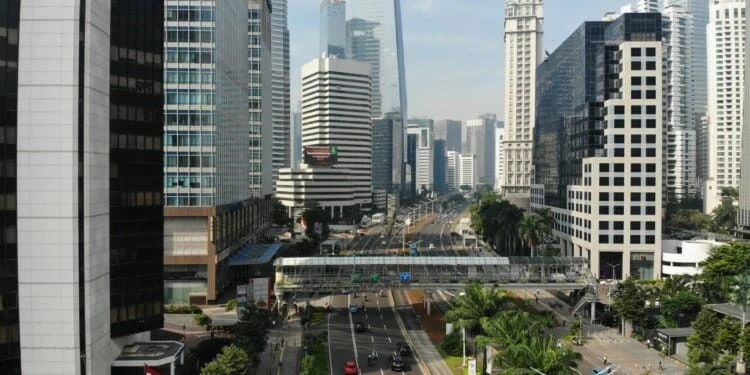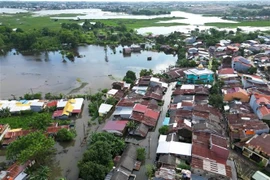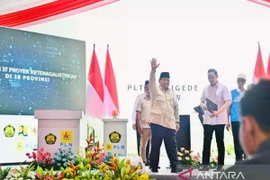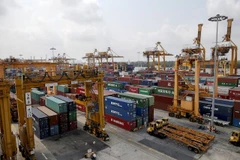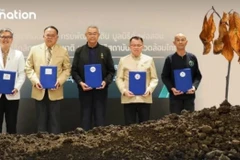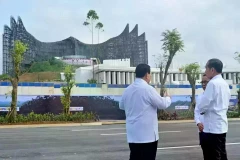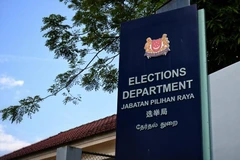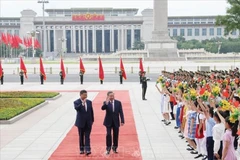Jakarta (VNA) – The Indonesian Government has approved a budget of 48.8 trillion IDR (around 2.99 billion USD) for the second phase of the development of Indonesia's new capital Nusantara (IKN) from 2025 to 2029.
In the early stage from 2022 to 2024, the government invested 89 trillion IDR from the state budget to build key infrastructure in the city.
Head of the Nusantara Capital Authority (OIKN) Basuki Hadimuljono on January 22 said that the budget for the continuation of development in the second phase will be allocated to complete the construction of supporting facilities and office ecosystems for the legislature and judiciary agencies.
Basuki said the budget of 48.8 trillion IDR is needed to soon complete the complex building for the legislature, the judiciary and a number of other agencies.
This budget also includes the cost of maintaining and managing infrastructure and facilities during the operation process. In addition, the Nusantara Capital Authority is implementing a Public-Private Partnership (PPP) programme worth 60.93 trillion IDR which includes the construction of six road projects, a 138.6 km multi-utility tunnel (MUT) in the central area, a solar power plant project and a number of other investment projects.
Basuki said thay are studying the construction of 97 apartment towers and 129 adjacent houses. Under the PPP programme, projects to develop hotels, housing, retail and office buildings, totaling 6.49 trillion IDR will be submitted to the Indonesian President in the coming time./.
